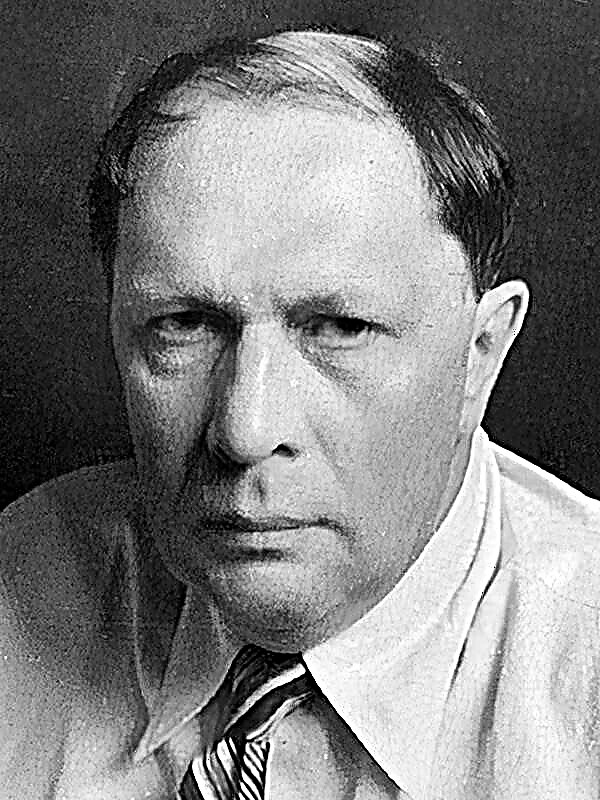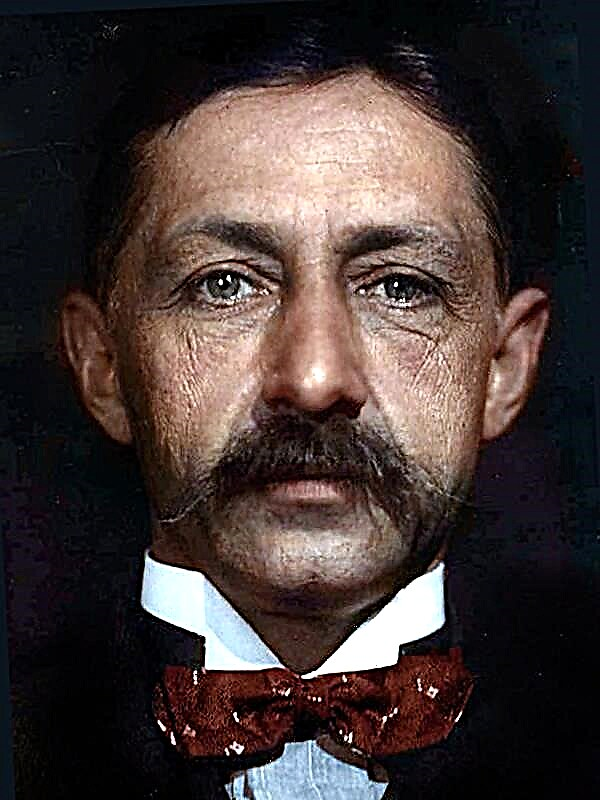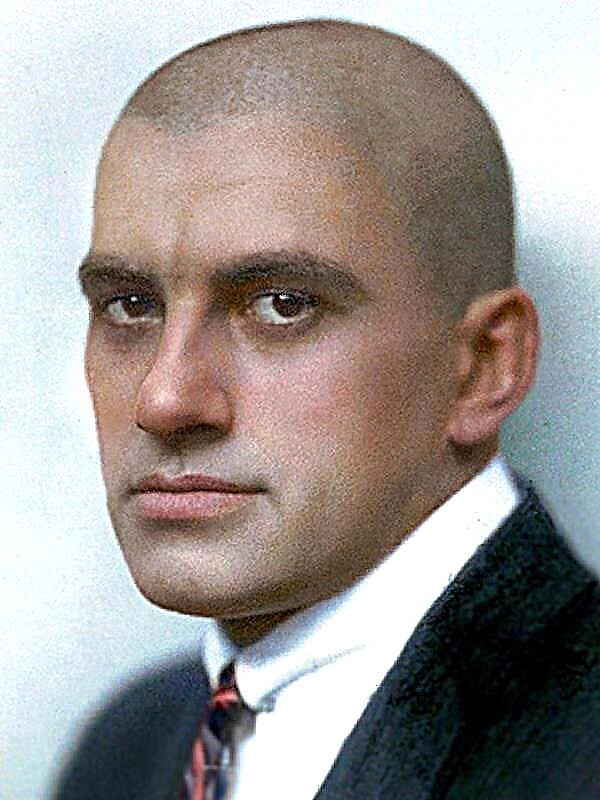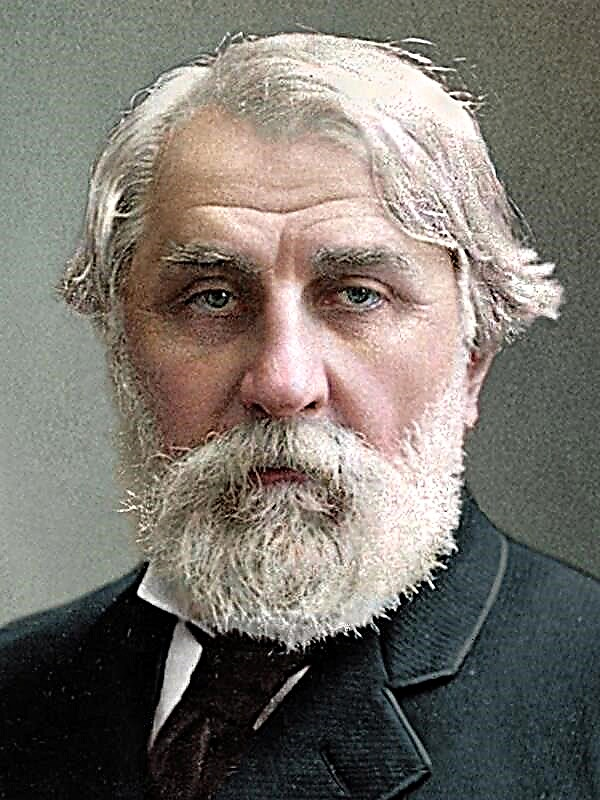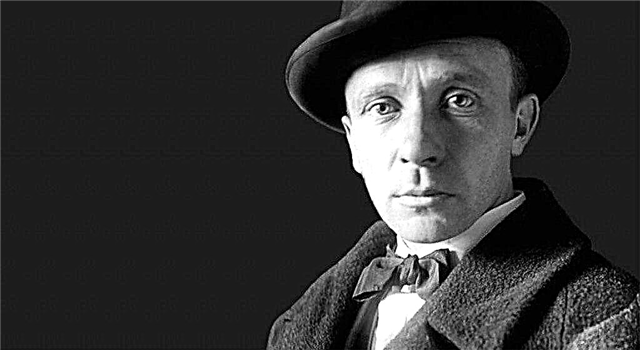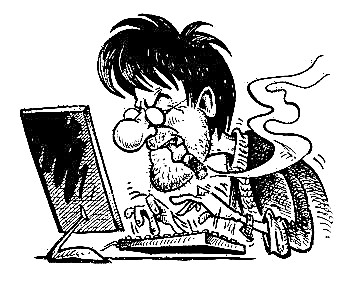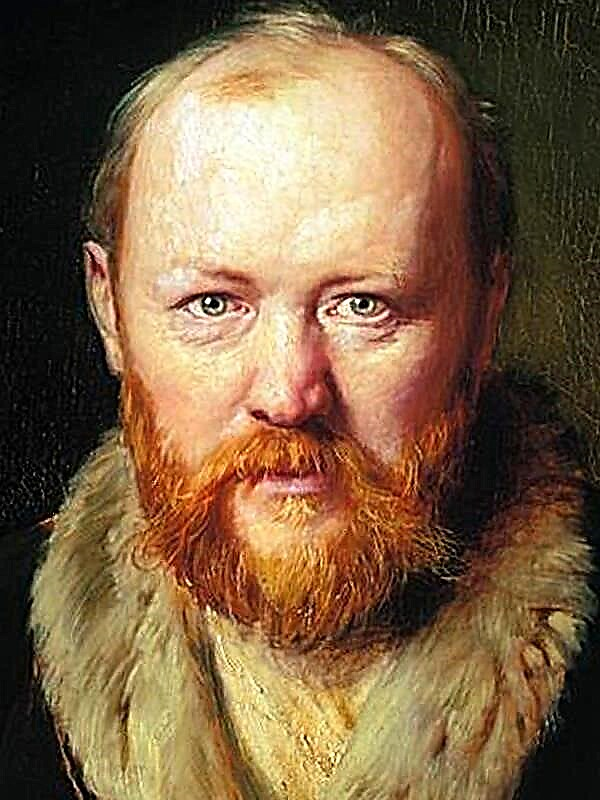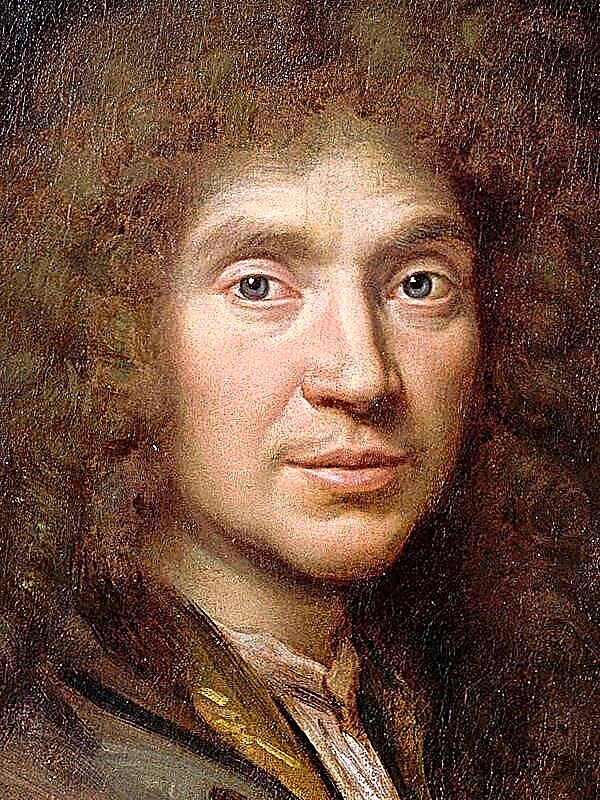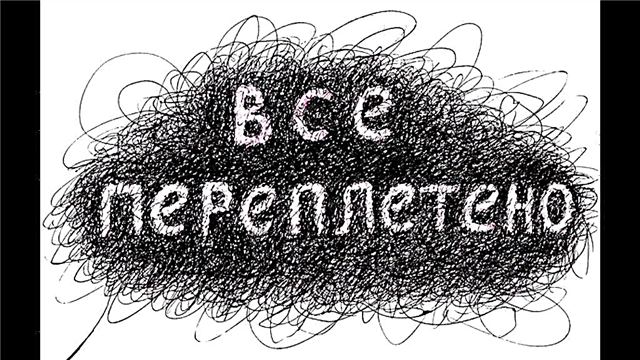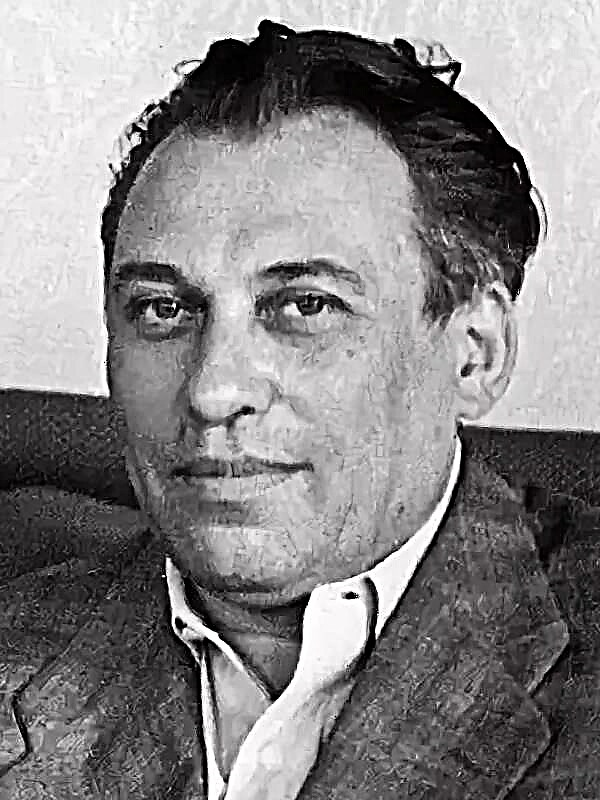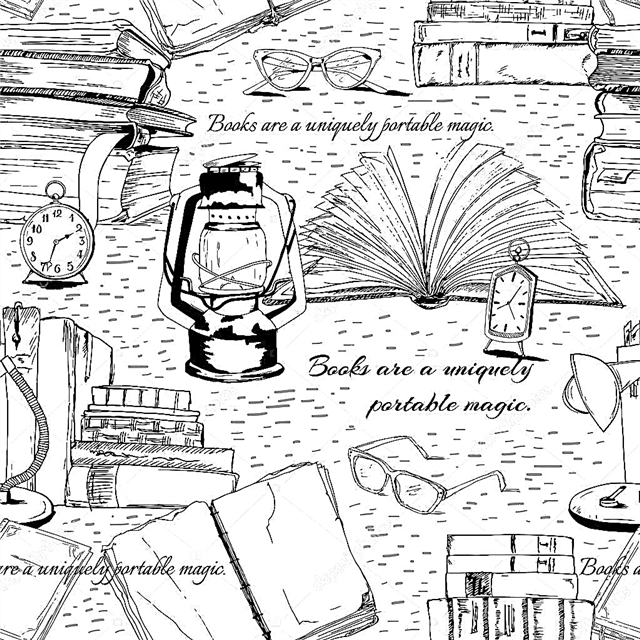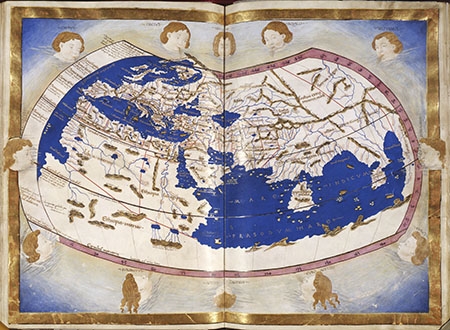“Russia is dying,” “Russia is no more,” “the eternal memory of Russia,” I hear around me. But before me is Russia: the one that our great writers saw in awesome and prophetic dreams.
Russia is a storm. Russia is destined to survive the torment, humiliation, separation; but she will come out of these humiliations new and - in a new way great.
Europe has gone crazy: the color of humanity, the color of the intelligentsia, has been sitting in the swamp for years, sitting with conviction on the thousand-striped strip called the “front”. People are tiny, the earth is enormous. It's nonsense that the world war is so noticeable: a rather small piece of land to lay hundreds of human and horse corpses.
Now that all European air has been changed by the Russian revolution, which began with the “bloodless idyll” of the February days and is growing non-stop and menacingly, it sometimes seems as if there weren’t those recent, such ancient and distant years.
It is not the artist’s job to watch how his plan is fulfilled, to bake on what will be fulfilled or not. The artist’s business, the artist’s duty is to see what is intended, to listen to the music that “the air torn by the wind rattles”.
What is conceived? Redo everything. Arrange so that everything becomes new; so that a lively, dirty, boring, ugly life will become a fair, clean, funny and wonderful life. When such plans are broken by the bonds that bind them, this is called a revolution.
A revolution, like a thunderous whirlwind, like a snowstorm, always brings new and unexpected things; it cruelly deceives others; she easily cripples the worthy in her whirlpool; it often brings to land unscathed unworthy of land; but this does not change either the general direction of the stream, or the formidable and deafening hum that the stream emits. This hum is always about the great.
The scope of the Russian revolution, which wants to cover the whole world, is as follows: it cherishes the hope of raising the world cyclone, which will convey to the countries swept by the snow - the warm wind and the gentle smell of orange groves. “Peace and the brotherhood of peoples” is the sign under which the Russian revolution takes place.
What did you think? What revolution is an idyll? What creativity does not violate anything in its path? What is a good thing?
The intellectual never had a certain soil under his feet. His values are immaterial. Skills, knowledge, methods, skills, talents - nomadic and winged property. We are homeless, familyless, baseless, destitute - what can we lose? It is a shame now to make fun of, grin, cry, break your arms, gasp over Russia, over which a revolutionary cyclone flies. It was like a bear in the ear of the Russian intelligentsia: small fears, small buzzwords. As he comes around, he will respond. The longer the intelligentsia takes pride and march, the more frightening and bloody it can become around. With all your body, with all your heart, with all consciousness - listen to the revolution.
This is a rather brief abstract of A. Blok's article. To understand its meaning, you need to know something else. Blok was occupied for quite some time by the theme of the people and the intelligentsia. Back in 1908, he devoted 2 articles to this topic: “People and the intelligentsia” and “Elements and culture”. These articles have literally become a prophecy. In the first of these, the Bloc contrasts the people of the intelligentsia. He speaks of an invisible line that has always existed between these strata of society, it is very difficult to overcome. The people are growing stronger, and Russia is preparing for an early resolution of the contradictions between him and his oppressors. The people are large, the intelligentsia is smaller in number. The people are a bird-three according to Gogol. The intelligentsia has 2 ways: 1st — to merge with the people, 2nd — to be trampled by it.
In the second article, Blok compares the people with the elements, which can suddenly rage. And just predicts future events.
Blok joyfully accepted the revolution, because I saw in her a new, fair device. He saw in her the liberation of the Russian people from centuries of oppression and called on all intellectuals to accept the revolutionary movement in the same way. Nevertheless, he understood that there would be random victims, they could not be avoided in such a global action. Even near Blok himself, the peasants burned his family estate Shakhmatovo, which was very dear to the poet as a memory of his childhood. Blok never talked about it, even when asked; only once could not stand it: "Why talk about what hurts?" But all the same, Blok was sure that it was true with the people, with them “black malice, holy malice”, they have the right to revenge. All these thoughts will later be reflected in the poem “The Twelve,” written literally a few days after the article “Intelligentsia and Revolution”.

